Research team: Mendel University
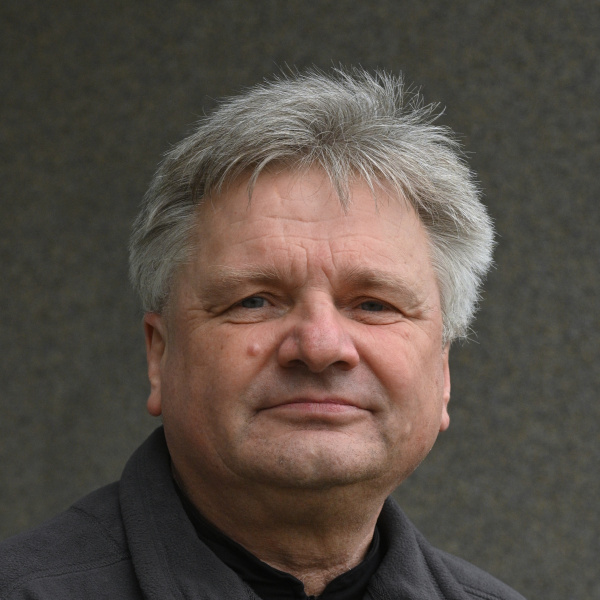
Residential health risks in space
prof. MVDr. Ivo Pavlík, CSc.
Faculty of Regional Development and International Studies, Department of Territorial Studies
Safe water and food are the basic living conditions for astronauts in space. The constant relatively high temperature of space stations and spacecraft creates conditions for the formation of hazardous biofilms in water lines populated by bacteria of the genera Legionella, Mycobacterium, etc. Safe food free of infectious and non-infectious agents is a prerequisite for long-term residence. The ecology of these microbial conditionally pathogenic bacteria is studied by culture and culture-independent methods. Their quantification is performed by qPCR methods and identification by NGS, WGS, etc.
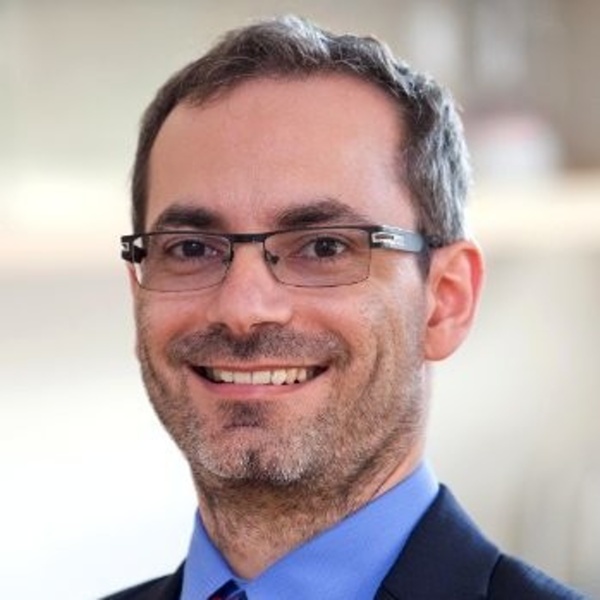
Indoor plant production
prof. Ing. Robert Pokluda, Ph.D.
Faculty of Horticulture, MENDELU, Department of Herbology and Floriculture
Our department focuses on plant production by various methods, hydroponics, aeroponics, multiplant systems, etc. We also produce vegetables (greenhouse, indoor), microgreens, periwinkles. We also deal with aquaponics (fish and plant production) and the use of microorganisms, symbionts in production.
We are looking for alternative production substrates (soil substitute, peat), we are working on nutrient management systems (nutrient monitoring) and automation. We are also developing robotic platforms for plant production (farmbot - together with AF MENDELU).
We are looking for alternative production substrates (soil substitute, peat), we are working on nutrient management systems (nutrient monitoring) and automation. We are also developing robotic platforms for plant production (farmbot - together with AF MENDELU).
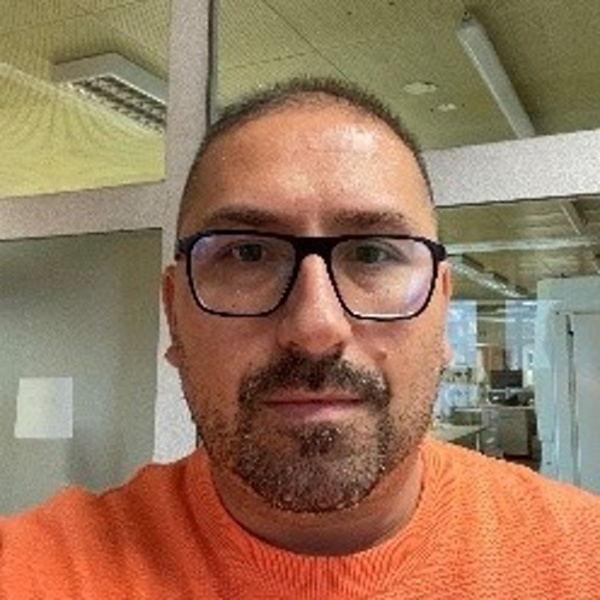
Biotechnology
Ing. Vedran Milosavljevic, Ph.D.
Head of Bioengineering Laboratory, Department of Chemistry and Biochemistry, Faculty of Agronomy
The research group focuses on the development of biodegradable bioplastics from natural polysaccharides and their chemical modification to improve properties for sustainable applications. In parallel, research on the stability of synthetic peptides in space conditions and their effect on microalgae growth is being conducted to support biotechnological solutions for long-term missions and closed living systems.
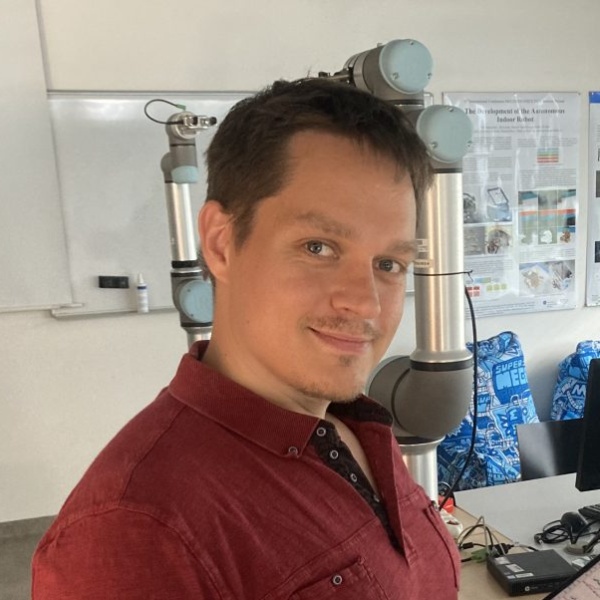
Automation of growing processes / Space Farming
Ing. Vlastimil Slaný, Ph.D.
Department of Agricultural, Food and Environmental Technology, Faculty of Agronomy
Space farming and the highest possible degree of automation of growing processes are key elements for possible future long-term missions and attempts at colonization of other planets. Growing plants in extraterrestrial conditions will allow us to produce fresh food, recycle water and CO₂, and reduce dependence on supplies from Earth, which is logistically and economically crucial. Plants also contribute to maintaining a closed ecosystem - they absorb carbon dioxide and produce oxygen, thus contributing to maintaining a habitable atmosphere.
Our research team has long focused on automating the various stages of the growing process with the aim of developing fully autonomous growing systems, for both terrestrial and space applications.

Plant physiology and phenotyping under stress conditions
Mgr. Jan Novák, Ph.D.
Department of Molecular Biology and Radiobiology, Faculty of Agronomy
“As below, so above” is not possible without plants. Plants are the foundation of our ecosystem, both in terms of oxygen production and the conversion of light energy into energy-rich organic compounds. From this perspective, plants are important for any mission that doesn't want to pack a big snack for its journey. The study of the molecular mechanisms of plant resistance and response to adverse conditions is one of the fundamental pillars of progress in efficient and sustainable agriculture, which will find application wherever plants are envisaged.
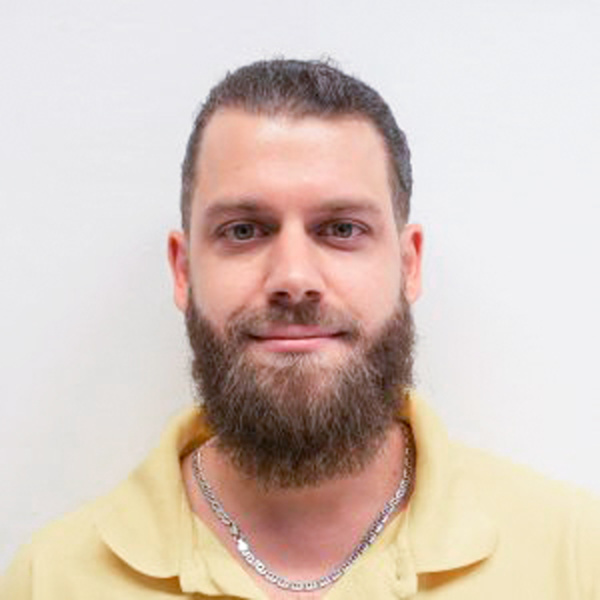
Controlled photolysis
Ing. Lukáš Nejdl, Ph.D.
Department of Chemistry and Biochemistry, Faculty of Agronomy
Controlled photolysis and dynamic photosystems open new opportunities for space research and related applications. The patented method of directed photolysis represents an innovative tool for, for example, non-invasive monitoring of the current stress load of individuals through saliva analysis. This method uses light-induced chemical reactions to detect specific biomarkers of stress in real time. Its uniqueness lies in the fact that the sample is irradiated with UV light, which can control chemical transformations in the sample and provide a sensitive and specific signal even at low concentrations of analytes. The method has been successfully tested in the parabolic flight of the Zero G mission.
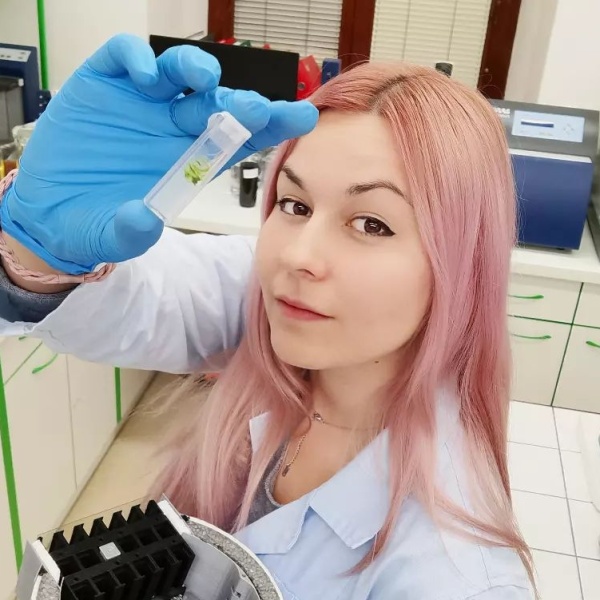
Space Agriculture
Mgr. Katarína Molnárová
Space Agri Technologies, Department of Chemistry and Biochemistry, Faculty of Agronomy
The Space Agri Technologies research group is concerned with sustainable agriculture in extreme environments with emphasis on applications in space and on Earth. We are researching plant physiology, microalgae and cyanobacteria, which we are testing under stress conditions that mimic lunar or Martian environments. We also use stratospheric applications to test the viability of photosynthetic microorganisms.
In addition to space applications, we are also focusing on practical applications on Earth - particularly in the field of precision agriculture (smart farming).
At the Group, we see space research as an opportunity to accelerate eco-innovation and seek solutions that will benefit beyond our planet.
In addition to space applications, we are also focusing on practical applications on Earth - particularly in the field of precision agriculture (smart farming).
At the Group, we see space research as an opportunity to accelerate eco-innovation and seek solutions that will benefit beyond our planet.
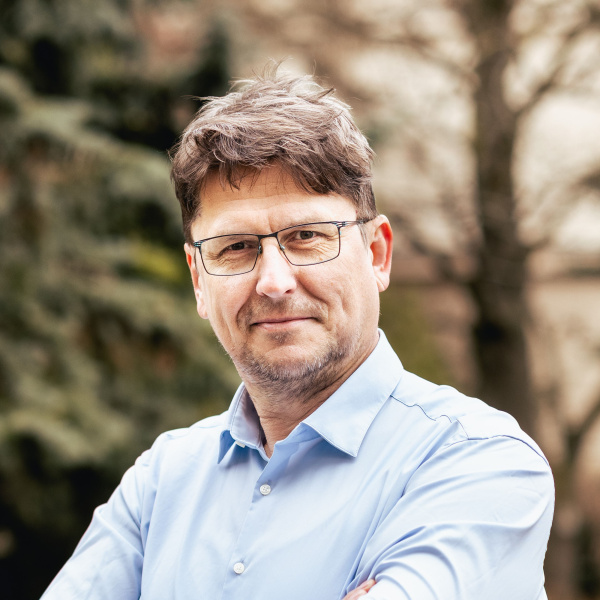
Space agri technologies
Ing. Libor Lenža, Ph.D.
Head of the research group Space Agri Technologies, Department of Chemistry and Biochemistry, Faculty of Agronomy
We are interested in systems for cultivation, transport or storage of algae, microalgae or cyanobacteria for their transport and subsequent cultivation in space, including the development of these devices and the production of prototypes. Space farming in terms of physiological reactions of plants and under stress conditions not only in space. Furthermore, the use of AI applications in these areas.
We are also trying to popularize these areas not only among students.
We are also trying to popularize these areas not only among students.